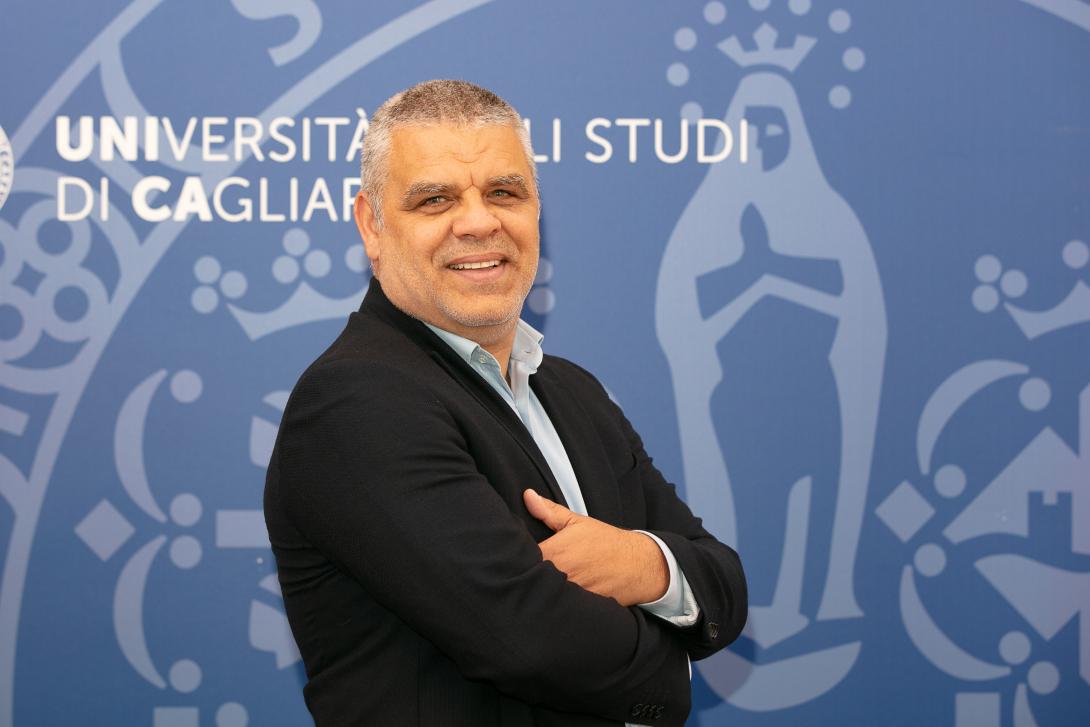
With effect from 29 September 2021, Carlo Atzeni, Professor at the University Department of Civil, Environmental Engineering and Architecture, until the end of the 2021/2027 six-year period, will be the Rector’s Delegate for Spaces and Sustainability. The appointment, unless otherwise established by a subsequent decree, will end at the end of the term of office of the Rector.
Carlo Atzeni earned a Ph.D. in Building Engineering, as well as being Associate Professor of Technical Architecture of the Department of Civil, Environmental Engineering and Architecture. In the Faculty of Engineering and Architecture he coordinates the Integrated Laboratory of Design and Construction of Architecture 3. He’s also Coordinator of the Thesis Laboratory "Rural Company 3.0" of the Master’s Degree in Architecture, as well as of the three-year course in Architecture Sciences L17, and member of the Faculty Council of the PhD in Civil Engineering and Architecture.
From 2009 to 2012 he was scientific coordinator of international project workshops ARCILAB - Projects for archaeological landscapes; from 2010 to 2016, together with Adriano Dessì and Silvia Mocci, he was coordinator of the Thesis Laboratory "Reinventing habitat. Continuity and break in the Sardinian settlement system between history and project" attended by over 100 students of the five-year degree courses in Building Engineering-Architecture, in Architecture of buildings, and in Architecture. He has been coordinator in several international project workshops: Salvador de Bahia (Brazil, 2005, 2010), Mindelo (Cape Verde, 2006), Marrakech (Morocco, 2006), Santiago de Chile (2008-2013-2017), Pavia (2011-2012-2013), Cagliari (2009-2011-2012-2013-2014-2015-2016-2017-2018), Ghoufy (Algeria, 2017).
His main research experiences focus on the study of basic architecture in Sardinia and the Mediterranean, the preparation of handbooks for the recovery of the historic centres of Sardinia, the investigation of new forms of habitats for the margins of the inhabited centres of the internal areas of Sardinia, the relationship between contemporary architecture and consolidated historical contexts, the architecture of Mediterranean rural landscapes, the relationship between design and construction in basic architecture and contemporary design, modern architecture in colonial environments, temporary and self-built architecture, with particular reference to the spatial potential connected to structural systems.
